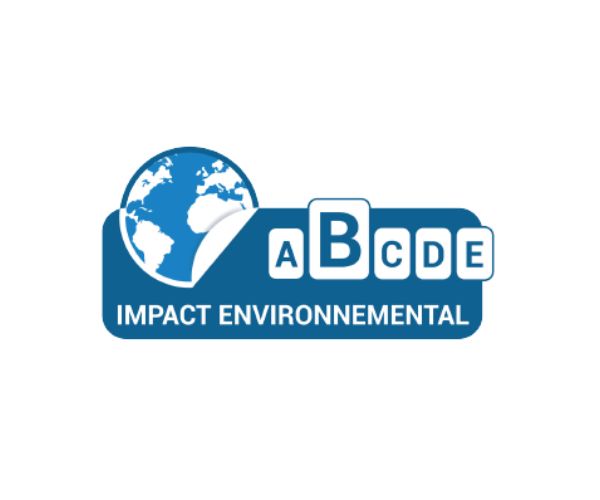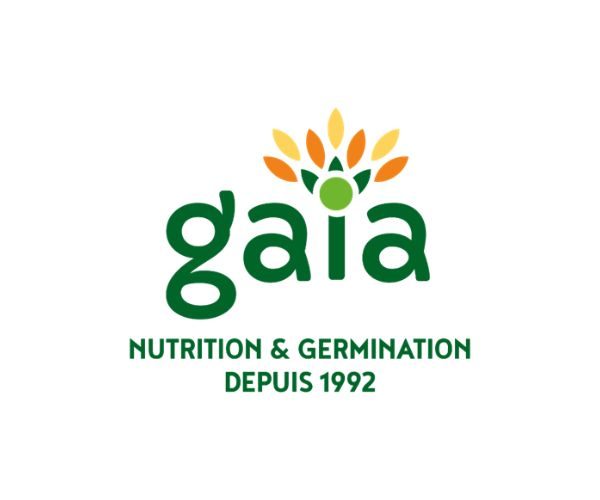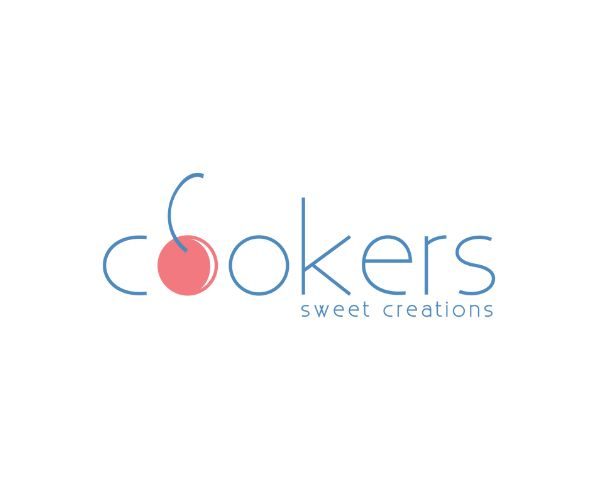Environmental performance and sustainable development
Environmental labelling: the CTCPA is involved to improve transparency for consumers
08
Oct

Published on : 08/10/2021
The CTCPA involved in the national experimentation of the environmental display
To respond to these emerging issues, the CTCPA had participated in the first experimentation of 2011-2012 alongside ADEPALE, which had committed to the approach through one of its trade unions, the FIAC. In the fall of 2020, a new national experimentation, provided for by Article 15 of Law No. 2020-105 on the fight against waste and the circular economy ("AGEC" law), began. It aims at evaluating different methodologies and modalities of environmental or environmental and social display to the consumer. The CTCPA is involved in this new national experimentation 2020-2021 in a project named "PEPEAT" (Environmental performance of food products) led by ADEPALE and CITPPM.
The CTCPA is an expert in environmental assessment with the Life Cycle Assessment (LCA)
The objective of the project is to study how theLife Cycle Assessment (LCA)With its recent developments, and possibly supplemented by other approaches, can be a relevant tool for communicating to consumers about the environmental characteristics of a product and how the display can be a good vehicle for highlighting the environmental steps taken by food companies.
With ADEPALE and CITPPM and the strong involvement of 14 food companies (SME, GE), the CTCPA worked during 6 months to bring its contribution to the current reflections around the environmental display with an operational and pragmatic vision and while remaining vigilant as for the scientific bases of the information intended for the consumer.
More information about the environmental display and the 2020/2021 experiment is available on the ADEME website: https://www.ademe.fr/expertises/consommer-autrement/passer-a-laction/reconnaitre-produit-plus-respectueux-lenvironnement/dossier/laffichage-environnemental/affichage-environnemental-secteur-alimentaire-experimentation-20202021
What are the prospects for the future of the CTCPA?
Beyond the proposals made in the framework of the experimentation project that ended in June 2021, the CTCPA will continue to participate in the development of environmental assessment methods for food products and in the improvement of associated databases. In September 2021, the CTCPA joined the GIS REVALIM, a scientific interest group on the environmental assessment of food products created by ADEME, INRAE, Acta and ACTIA.
Find out more about our CSR approach
Contact: Laura FARRANT - Environmental Project Manager - lfarrant@ctcpa.org






